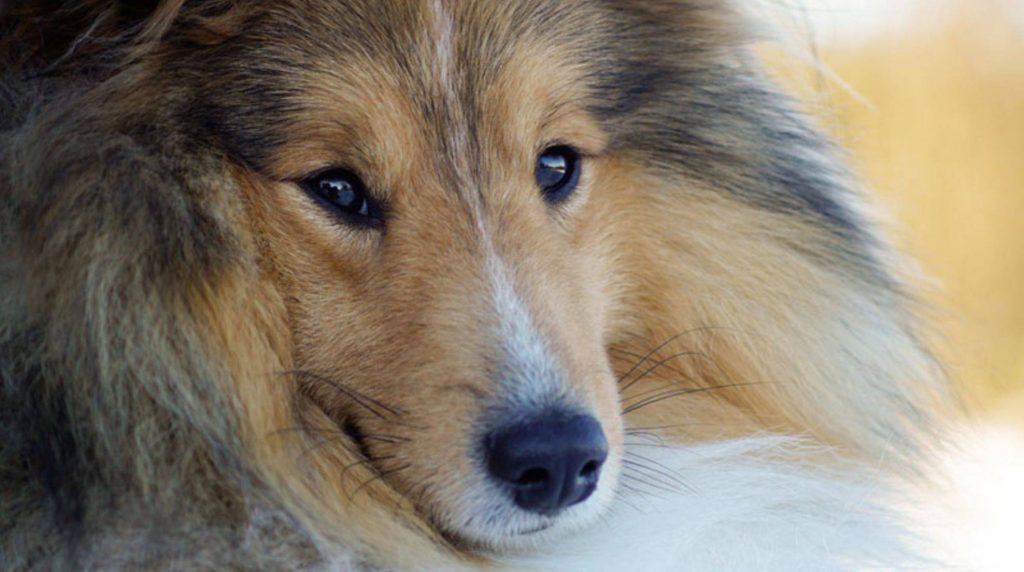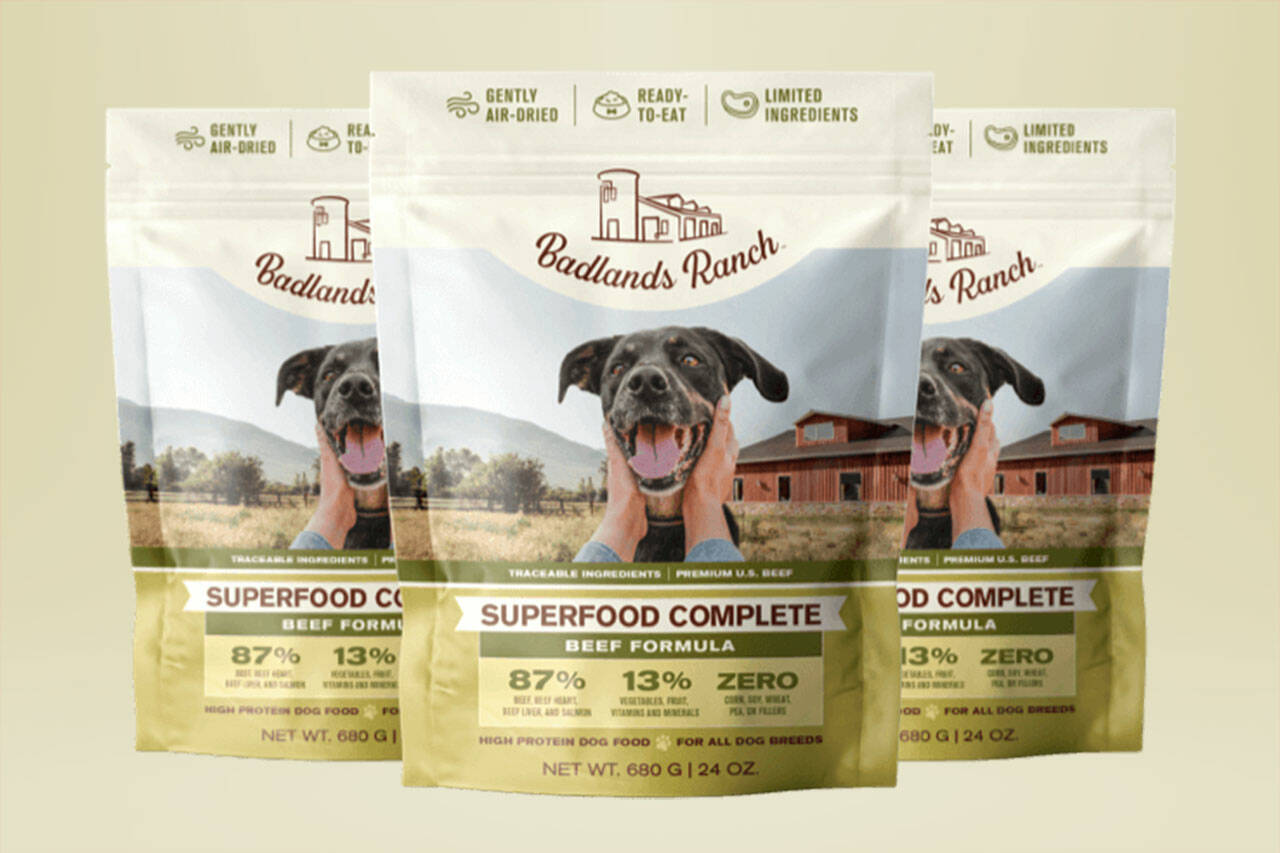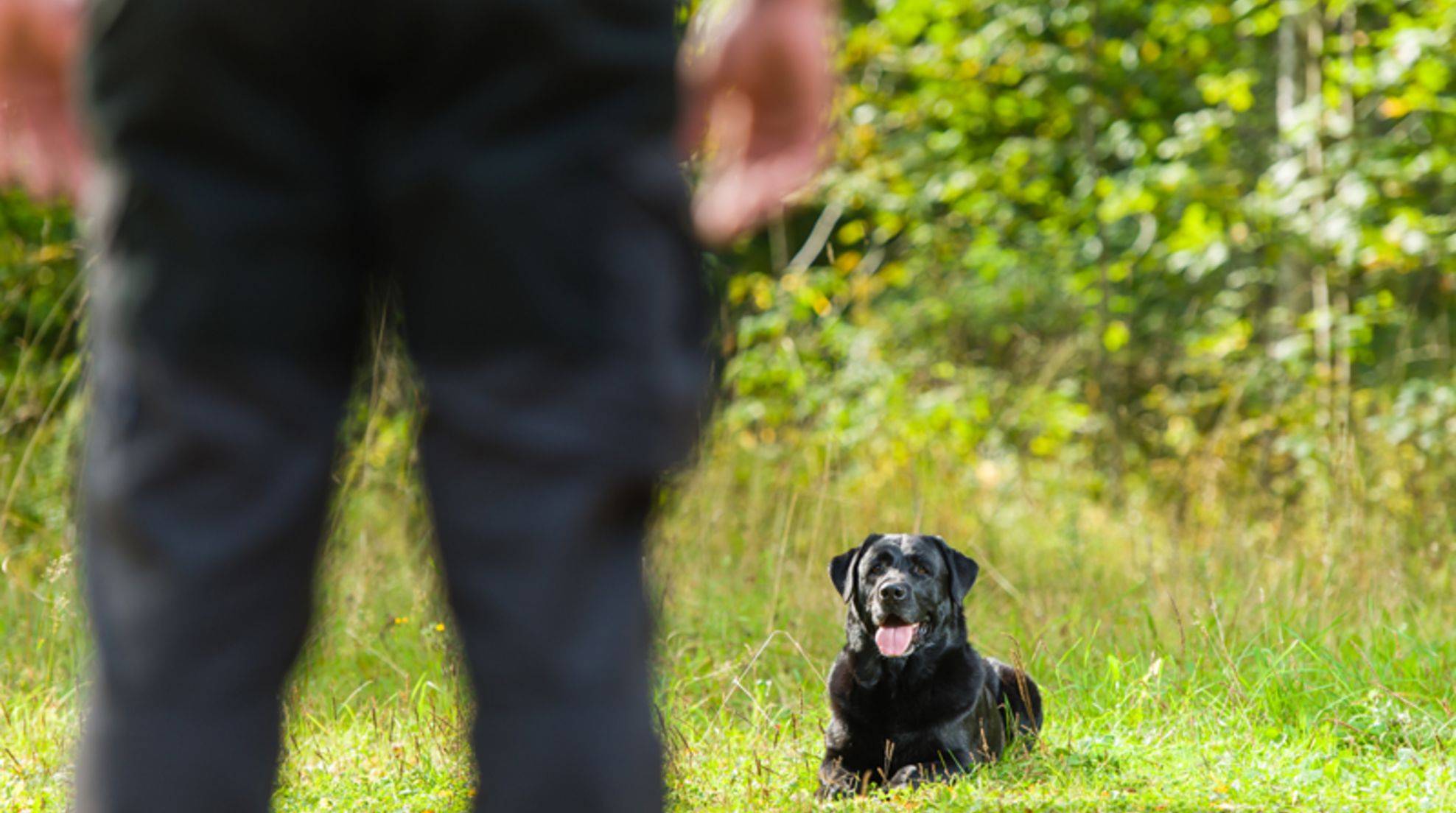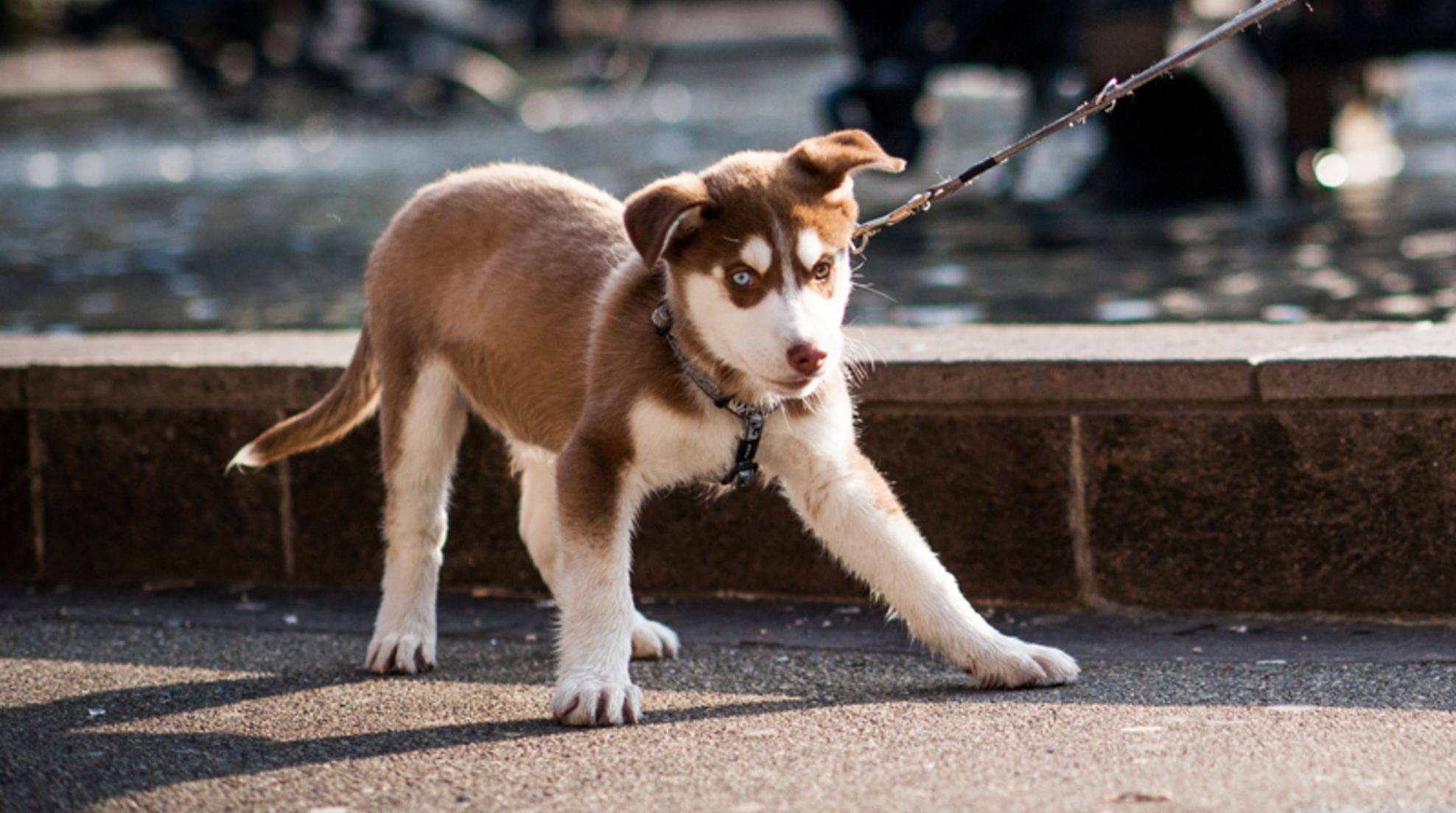Sheltie vs Collie: differences and similarities
Even for dog connoisseurs, the difference between a Collie and a Shetland Sheepdog is not always obvious at first glance. In fact, Collies and Shelties are two different breeds with different histories, temperaments, and character traits. But there are also similarities between the herding dogs. Sheltie vs Collie – you can find a comparison here.
The Shetland Sheepdog, affectionately known as the Sheltie, is sometimes referred to as the “Mini-Collie”. In terms of coat color, the two dog breeds also look very similar, the color strokes sable-white, tricolor (black, white, brown) and blue-merle occur frequently with them. They also have in common their dense, lush coat, which can be divided into two layers: a soft, downy bottom layer and the somewhat rougher top coat. This means that these animal companions shed a lot of fur and want to be brushed regularly. Both Collie and Sheltie originate from Great Britain, to be exact: Scotland. There, they were originally kept as herding dogs, but in doing so, the two breeds were assigned different tasks.
Sheltie vs. Collie: herding dogs with different tasks
Collies get their name from the English word “colley”, which is the name given to sheep with black heads and black legs. From the “colley dogs”, that is, the dogs that guarded these sheep, the breed Collie was born. The herding dogs were trained to keep the flock together. The Sheltie, whose origins can be traced back to the 17th century in the Shetland Islands, also once fulfilled a function as a herding dog. However, their job was to keep the ravenous sheep away from the seeds and crops in the meadows and fields.
Sheltie and Collie differ in temperament
The fact that the Sheltie is often called a miniature Collie already suggests the larger stature of the Collie. Its height at the withers is between 51 and 61 centimeters, while the smaller Shetland Sheepdog merely reaches a height between 35 and 37 centimeters. However, especially when sitting, it is difficult to tell the difference between the two breeds due to their similar coat coloration. Judging by its size, one should assume that the Collie should need more exercise than the Sheltie. In reality, however, it is the other way around: the Sheltie is alert, agile and has a more pronounced play instinct than the Collie, so it needs to be kept more busy and needs more exercise. If the four-legged friend is bored, it can happen that he chews the furniture or other things in the house. Collies are also very active, want to be entertained and taken for regular walks, but unlike the Sheltie, they have the calmer temperament.
What the Sheltie and Collie have in common: their suitability as a family dog.
Both the Sheltie and the Collie are two extremely intelligent dog breeds that are capable of learning and will obey their owner and eat out of his hand if he trains them well. After all, it is not for nothing that both breeds are used as herding dogs, guide dogs and, in the case of the Collie, rescue dogs. However, they are also demanding animals that require a lot of attention and affection. Someone who has little time for them, and cannot guarantee an extensive daily walk with them, would be better off choosing a dog that is less sedentary than the Sheltie or Collie. Also, new dog owners might be a bit overwhelmed with the alert nature.
Both breeds make good watchdogs. However, the Collie and Shetland Sheepdog can also make the perfect family dog. As a rule, it is not a problem if you have children and the four-legged friends grow up with them. However, what you should keep in mind: The herding instinct is innate in the Collie and the Sheltie. He will look out for his family or herd, respectively, and may want to protect you a bit too caringly – even if there is no dangerous situation at all. Your faithful companion can accompany you up to 14 years (Sheltie) or up to 12 years (Collie).







